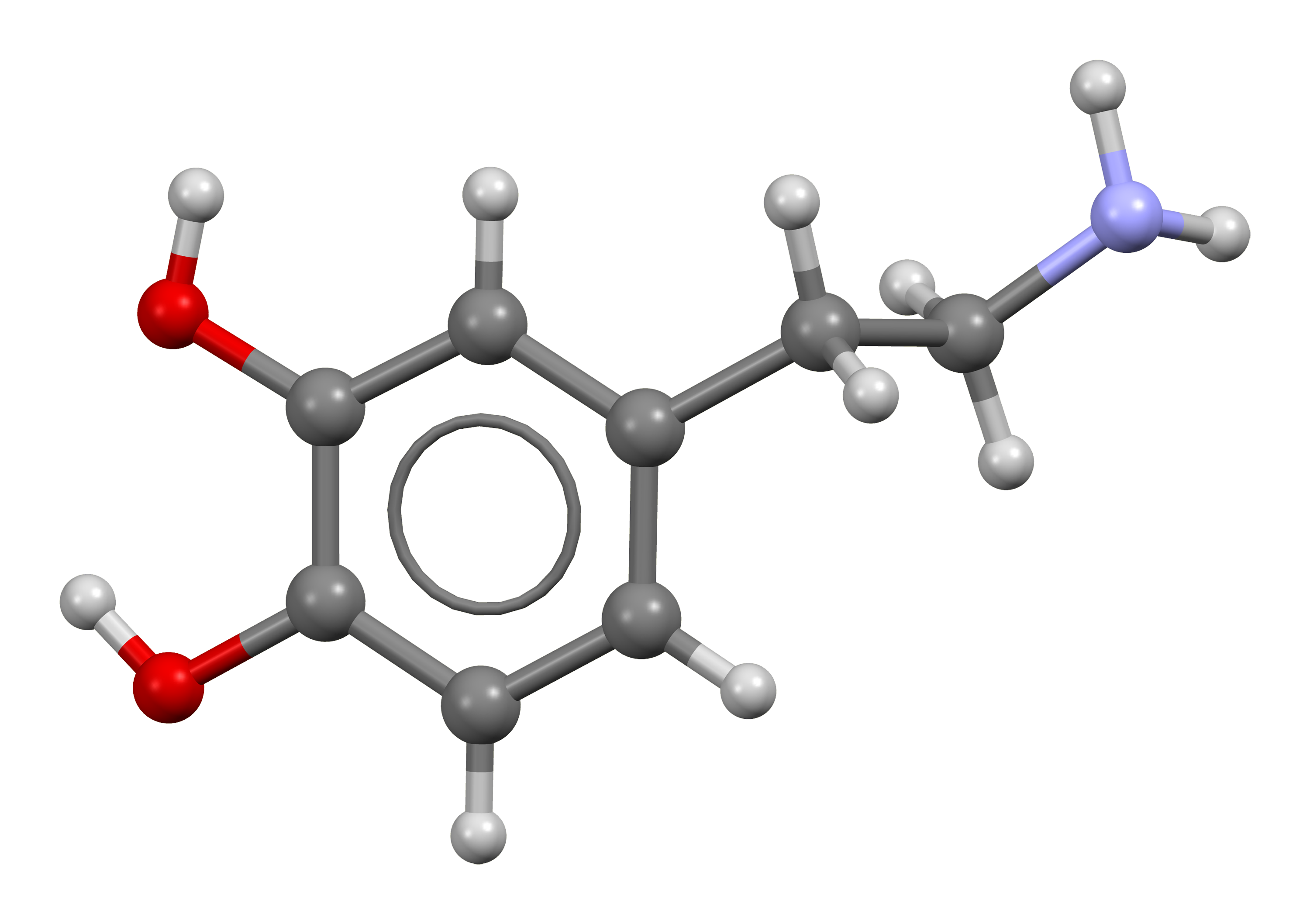Introduction to Dopamine
- Introduction to Neurotransmitters
- The Role of Dopamine
- The Role of Serotonin
- Interplay of Dopamine and Serotonin
- Competing Actions
- Collaborative Actions
- Conflicting Actions on Same Behaviors
- Complexity in Neuronal Combinations
- The Impacts of Therapeutic Drugs on Dopamine and Serotonin
- Dopamine, Serotonin and Mental Health
- Dopamine, Serotonin and Cognitive Functioning
- Settings, Synaptic Plasticity and Sensitization
- Prospects and Challenges in Dopamine & Serotonin Research
The Role of Dopamine
Dopamine and Motivation: The Driving Force

Organic chemical that functions both as a hormone and a neurotransmitter.
Dopamine, a type of neurotransmitter, plays a crucial role in how we perceive and pursue rewards. It is often referred to as the "feel good" neurotransmitter because it is involved in feelings of pleasure and reward. However, dopamine's role extends beyond just making us feel good. It is also heavily involved in our motivation and drive to seek out and work towards rewards.
Dopamine's Role in Motivation and Drive
Dopamine is released in response to rewarding stimuli, such as food or social interaction. This release of dopamine signals to the brain that the event or object is desirable and worth seeking out. This is the basis of dopamine's role in motivation. It drives us to seek out the things that our brain perceives as rewarding.
However, dopamine does not just respond to rewards. It also responds to the anticipation of a reward. This anticipation can be a powerful motivator, driving us to take action to obtain the reward. This is why dopamine is often associated with goal-directed behavior.
The Difference Between Wanting and Liking
Interestingly, dopamine seems to be more involved in the "wanting" of a reward rather than the "liking" or enjoyment of it. This distinction is based on research showing that dopamine release is more associated with the anticipation and pursuit of a reward, rather than the actual consumption or enjoyment of the reward.
This can be seen in studies where animals will work tirelessly to obtain a reward that releases dopamine, even if the reward itself is not particularly enjoyable. This suggests that dopamine is more about the pursuit of pleasure, rather than pleasure itself.
Dopamine's Influence on Effort-Based Decision Making
Dopamine also plays a role in effort-based decision making. This is the process of deciding whether a reward is worth the effort required to obtain it. Dopamine release can influence this decision-making process by increasing the perceived value of the reward.
For example, if a reward triggers a strong dopamine response, we are more likely to perceive it as being worth a high amount of effort. Conversely, if a reward triggers a weak dopamine response, we are less likely to perceive it as being worth the effort.
In conclusion, dopamine plays a crucial role in our motivation and drive. It influences our desire to seek out and work towards rewards, our anticipation of rewards, and our decisions about whether a reward is worth the effort. Understanding the role of dopamine in motivation can provide valuable insights into human behavior and decision making.